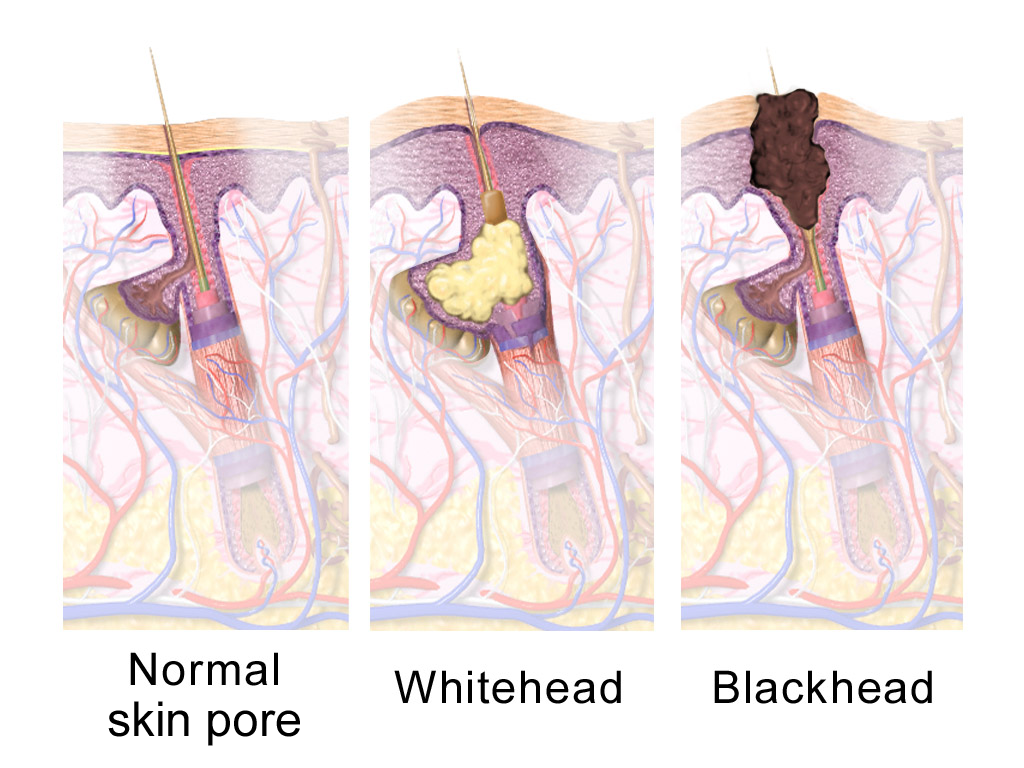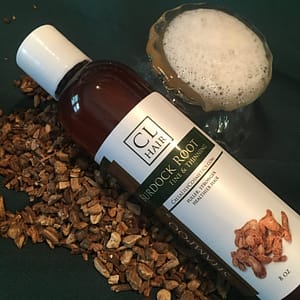The topic is always the same: sulfate free shampoos or not? I know all of you have heard of a surfactant, and some contain sulfates and some don’t. The word has been used everywhere- from magazines and shampoo labels to blogs and scientific articles. Looking around, you’ll see lots of opinions, but what’s the real answer? Should they be used to wash your hair, or not?
know all of you have heard of a surfactant, and some contain sulfates and some don’t. The word has been used everywhere- from magazines and shampoo labels to blogs and scientific articles. Looking around, you’ll see lots of opinions, but what’s the real answer? Should they be used to wash your hair, or not?
What are Surfactants?
In order to come up with a complete, correct answer, we must first understand what a surfactant is. If you looked up the word in a dictionary or Google search it, the definition seen would be “a substance that tends to reduce the surface tension of a liquid”, but what does that mean?
This means that they help clean things. A surfactant has two main jobs, but a sign they’re present can be suds in the water:
- Break down oil and dirt
- Hold these things in a suspension for removal
 The reason they are able to do these things is a fairly simple concept. Surfactants, when observed as individual molecules, have both a hydrophilic (water loving) and hydrophobic (water hating) end (see left).
The reason they are able to do these things is a fairly simple concept. Surfactants, when observed as individual molecules, have both a hydrophilic (water loving) and hydrophobic (water hating) end (see left).
One end forms a bond with water molecules, but the other does not. The hydrophobic (water hating) end attaches to the oil molecule. When the other end forms a bond with a water molecule, the surfactants pull the oil into multiple parts (Right picture).
The first surfactants that humans used were in the form of soap. Later on we developed stronger ones to use in laundry detergents, dish soaps, and other things used for cleaning off grime.
A surfactant is why a shampoo keeps your hair clean, but lately there has been an outburst saying they cause hair loss and strip hair of color. After some research, it is evident this is not always the case.
Do they really cause hair loss?
No. There are many things that may cause hair loss, but most of them come from within the body. The one that is caused by the outside is not caused by surfactants.
A single hair has three stages- growth, resting, and dying. Growth is when the hair is growing, resting is the time between the other two stages, and dying is when the hair falls out. After dying, the hair follicle grow s another hair, but if the scalp is not properly washed, oil can build up and prevent the growth of a new hair, prolonging the dying period. Think of the build up like it’s a black head on your scalp.
s another hair, but if the scalp is not properly washed, oil can build up and prevent the growth of a new hair, prolonging the dying period. Think of the build up like it’s a black head on your scalp.
The purpose of surfactants is to break down the oil clogging the follicle so that the hair can grow again, but if it is clogged for too long- say a year or two- the follicle will not grow even after the oil is gone.
Shampoo with weak surfactants- or with none at all- may cause hair loss as this causes the oil build up, but it is true that some surfactants may cause sensitivity. This is because they are too strong.
In summary, sulfates may irritate the skin if they are too strong, but sulfate free shampoo might be too weak and may not properly clear the oil. Both can be bad.
Do they strip hair of color?
Again, the answer is not very black and white, but rather grey. While it is true that very strong surfactants can make dyed hair lose color more quickly, it is not the case for all of them. For instance, the ones Calla Lily uses do not make colors fade much faster than many sulfate free shampoos because they are not as abrasive.
What are our options?
At Calla Lily, we use coco betaine, sodium laureth sulfate (SLES), decyl glucoside, and sodium cocoyl isehiotae, which are fairly gentle and good for sensitive skin. For a sulfate free option, we have products made with the coconut fatty acid. All of our products are proven to clear bad oils from your hair and scalp.
 If you’re looking for something to help thicken your hair, you may want to consider our Burdock Root shampoo and conditioner, made specifically for thinning hair.
If you’re looking for something to help thicken your hair, you may want to consider our Burdock Root shampoo and conditioner, made specifically for thinning hair.
Don’t let science frighten you into using something that doesn’t work well for you. Each person is unique, so what works for someone else may not work for you; test your options and if something doesn’t work, look for an alternative. This doesn’t need to be scary and complex.
This is part of the reason Calla Lily is here. We want to help people understand their bodies and make their lives easier. We want to help you take care of yourself by blending science and nature to create the best products possible.
